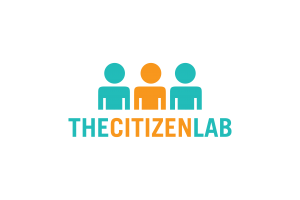News
Ron Deibert joins Al Jazeera to discuss the history of NSO Group’s Pegasus technology and why the expansive commercial spyware market deserves closer scrutiny and regulatory oversight.
Forbidden Stories and Amnesty International requested that the Citizen Lab undertake an independent peer review of a sample of their forensic evidence and their general forensic methodology. We were provided with iTunes backups of several devices and a separate methodology brief, and independently validated that Amnesty International’s forensic methodology correctly identified infections with NSO’s Pegasus spyware.
British Columbia RCMP units secretly used a facial recognition tool that allegedly helps identify terrorists. The tool, provided by U.S.-based IntelCenter, scans images scraped from the Internet, including social media, providing clients with the possibility of matching against more than 700,000 faces the company claims are tied to terrorism.
The Capitol uprising of January 6, 2021, led to intensified discussions regarding the rise of disinformation. John Scott-Railton, Ron Deibert, and Gabrielle Lim comment on the Citizen Lab’s mission to track technological threats against civil society.
Citizen Lab founder and director, Ron Deibert, has been honoured as a Distinguished Scholar by the International Studies Association (ISA). Delivered every two years, the award honours “exceptional scholarship accomplishments and contributions to the development of the study of International Relations in Canada.”
On March 22, 2021, Citizen Lab research associate Christopher Parsons appeared before the Special Committee on Canada-China Relations to testify about issues of national security, governance, and trust with regards to Chinese companies and their technical products and services.
Ron Deibert joins TVO’s the Agenda to discuss his latest book, RESET: Reclaiming the Internet for Civil Society.
Citizen Lab researcher, Noura Al-Jizawi, reflects on her years as a leader fighting for democratic liberation in Syria. “Speaking about democracy is a bit easy. But working towards making democracy real is a really hard job,” she says.
Since 2016, the Citizen Lab has published numerous reports regarding the use of Pegasus spyware against human rights defenders, journalists, politicians, and other members of civil society. Despite these findings, NSO Group has failed to substantively engage or respond to the research presented by the Citizen Lab and other organizations.
John Scott-Railton discusses the techniques he used to help identify individuals in the January 6th insurrection attempts on the US Capitol. Read the full story here.
